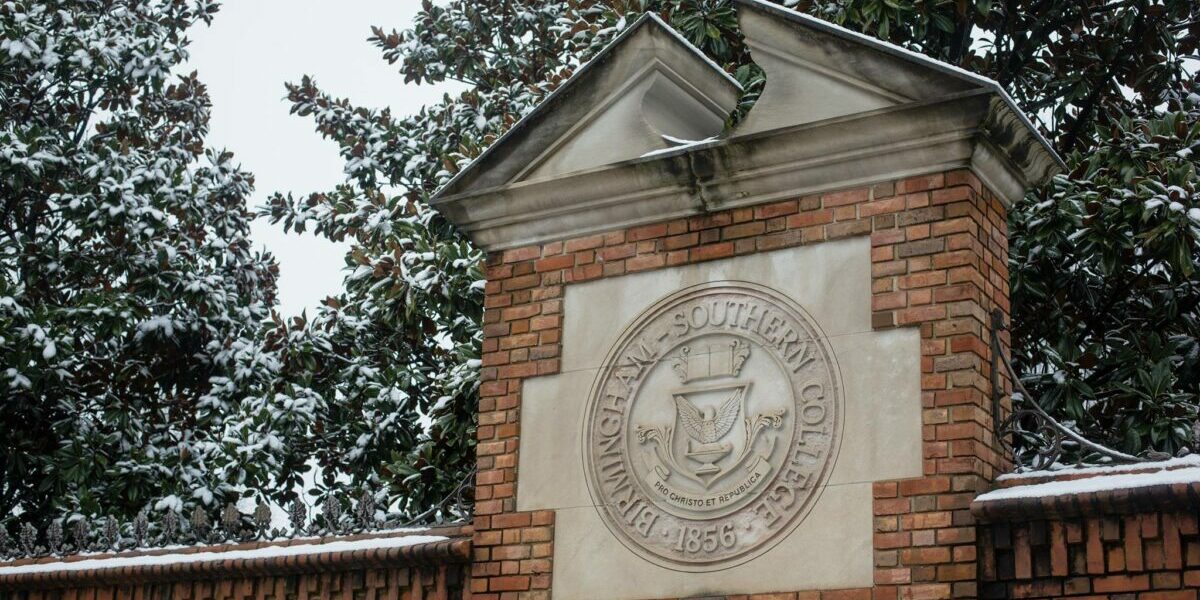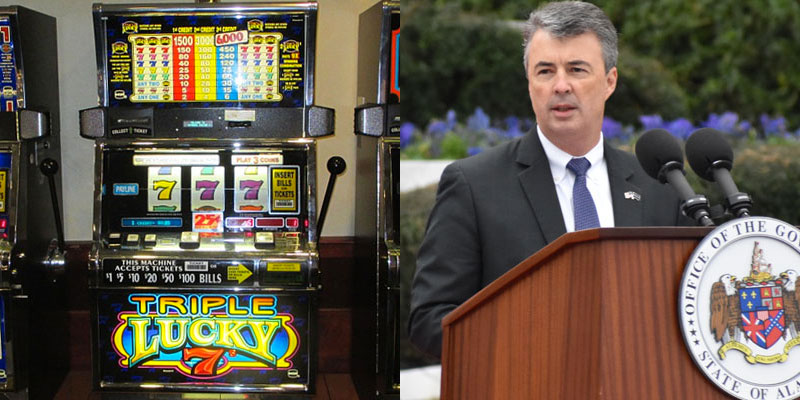Last spring, the Alabama Legislature passed the Distressed Institutions of Higher Education Revolving Loan Program Act with a unanimous vote in the Senate and a supermajority in the House.
The program was established to provide loans to eligible institutions experiencing financial hardship that could lead to closure. The leadership of both houses, everyone engaged in crafting the legislation, and most members understood throughout the process that the Act was designed to address Birmingham-Southern College’s financial situation.
BSC’s current administration is dealing with financial hardships imposed on it by decisions made by a previous college administration coupled with the financial downturn the global economy experienced in 2008 and thereafter.
The eligibility requirements the Legislature established for the program were all ones that Birmingham-Southern was known to meet, including an existential need, sufficient collateral for the loan with the State holding a first security interest, and a restructuring plan detailing how the college planned to turn a financial corner through use of the loan proceeds.
Why did legislators decide to provide a $30 million loan to Birmingham-Southern? The answer is simple.
Each year, BSC adds nearly $91 million in real economic impact to our state’s economy. That adds up to close to $2 billion over the 20-year life of the loan. BSC also directly and indirectly generates more than $6 million in state taxes every year, with $4.5 million of that helping to feed the Education Trust Fund. That economic impact and the income stream from those taxes are of direct benefit to the state and to our citizens.
It seemed obvious to us that providing a loan of $30 million — to be paid back with interest — made a great deal of sense given that BSC’s economic and fiscal impact meant the loan would, in effect, be repaid not just once but many times over.
Birmingham-Southern College met the qualifications, including offering the State first-security interest on collateral more than sufficient to back the full amount of the requested loan and presenting a solid plan for financial restructuring.
Unfortunately, after months of delays, BSC was denied the loan in October, with the publicly stated reason that it was “a bad credit risk.”
This puzzling justification placed BSC in an obvious and untenable Catch-22:
- The college found it could not get the loan it needs to survive because it is a bad credit risk.
- But if it were financially healthy enough, it would no longer qualify under the Distressed Institutions Loan Program.
When we crafted the 2023 legislation and when members voted overwhelmingly for it, we did not intend for any applying institution to be denied the loan based on an illogical interpretation of the statute. We believe the Legislature intended to ensure the prompt issuance of loans to eligible colleges or universities to address their financial hardship before they become fatal.
That is why a group of legislators came together to sponsor an amendment to the 2023 bill in the current session that addresses this fundamental problem.
Our bill — SB 31, which was passed by the Senate on March 5 — amends the Distressed Institutions Loan Program Act by:
- Changing the administrator of the program.
- Requiring that a bank that does not have a creditor relationship with the applying institution determine the adequacy of collateral and a financial restructuring plan.
- Mandating the recipient pay back the loan in 20 years, with interest at the published rate for the State Revolving Loan Fund (an existing fund through which major infrastructure projects are financed) at the time the loan is made.
- Specifying annual reports to legislative leaders and committee chairs.
- Providing that the administrator approve or deny the loan within 30 days of application.
We urge our colleagues in the House of Representatives to move promptly on this bill to ensure the original intent and will of the Legislature are fulfilled and to end the uncertainty surrounding Birmingham-Southern’s future. Time is of the essence.
Students, parents, faculty, staff, the Birmingham community, and two adjacent historic neighborhoods are unnecessarily living with fear and uncertainty over the future of an institution that we simply cannot afford to lose in Alabama.
The economic proposition that BSC’s continued operation offers is overwhelmingly in favor of the state and its economy. By loaning $30 million in funds already appropriated for the purpose, we can catalyze nearly $2 billion in tangible economic impact over the loan’s life.
As stewards of the state’s financial resources, we believe we should take such a good bargain whenever we see one.













